A sterility test detects microbial contamination. A satisfactory result indicates that no contaminating microorganism has been found in the sample examined under the conditions of the test.
Articles:
- Applications and Sterility of Autologous Serum Eye Drops
- Basics of Sterility Testing
- Laboratory Considerations of USP Chapter 71 Sterile Tests
- Method Suitability and Its Importance to the Test Method
- Open vs Closed Membrane Filtration Systems
- Sterility Test Failure: Possible Causes and Investigation
- The Importance of Sterility Test Volume and Method Suitability Testing
- USP 71 Sterility Testing
Webinars:
A rapid sterility test detects microbial contamination. This validated alternative sterility test method per USP <1223> is effective and reliable for 503A and 503B Facilities.
ARL offers two alternative sterility test methods:
NEW – ScanRDI Solid Phase Cytometry Method: 0-2 Day Turnaround
This non-growth-based sterility test detects microbial contamination based on cytometry, which detects and quantifies microorganisms in as little as four hours. This ultra-rapid microbial detection method shortens investigation time by 1-2 weeks, leading to faster quality control improvements and process normalization. Speed up your distribution with ScanRDI and release drug products more quickly, lowering costs and reducing waste while eliminating bottlenecks.
Celsis ATP Bioluminescence Method: 6 Day Turnaround
This growth-based sterility test detects microbial contamination based on the presence of microbial Adenosine Triphosphate (ATP) in a sample. Results are objective and based on instrument analysis. This system is flexible for filterable, nonfilterable, cloudy, and other complex products. The test is non-destructive, allowing for the identification of any microbes discovered to help kick-start your investigation.
Articles:
- Dispense Drugs Faster with Rapid Sterility
- Rapid Sterility Testing
- Rapid Sterility Testing for Compounding Pharmacies
Webinars:
An endotoxin test detects toxins that are released from the cell wall of disrupted gram-negative bacteria.
Articles:
- Comparison of Endotoxin Testing Methods for Pharmaceutical Products
- Endotoxin Testing with a Contract Testing Laboratory
- Endotoxin Challenge Vials
- Endotoxin Essentials
- Endotoxin Limits
- The Importance of Endotoxin Testing
- USP <85> Bacterial Endotoxin Validation and Its Importance to the Test Method
Webinars:
This test identifies microorganisms isolated during different phases of manufacturing and quality testing to the genus/species level using DNA sequencing.
Articles:
An antimicrobial effectiveness test demonstrates the effectiveness of antimicrobial preservatives in preventing microbial proliferation in injections, topicals, oral products, single dose vials, and antacids packaged in multiple-dose containers.
Articles:
- Essentials of United States Pharmacopeia Chapter 51 Antimicrobial Effectiveness Testing
- Minor Chapters, Major Impacts – What USP Chapters 51, 61, 62, and 1207 Mean for Your Compounding Practice
- USP <51> Antimicrobial Effectiveness Testing
Webinars:
These tests quantitate the total population of aerobic bacteria, yeast, and molds in raw materials, in-process samples, and finished products.
Articles:
- Microbial Tests for Non-Sterile Products
- Microbial Limit Tests for Nonsterile Pharmaceuticals Part 1
- Microbial Limit Tests for Nonsterile Pharmaceuticals-Part 2
- Minor Chapters, Major Impacts – What USP Chapters 51, 61, 62, and 1207 Mean for Your Compounding Practice
- USP <61> and USP <62> Microbial Tests for Non-Sterile Products
Webinars
These tests verify the absence of objectionable microorganisms in drug products and raw materials.
Articles:
- Microbial Tests for Non-Sterile Products
- Microbial Limit Tests for Nonsterile Pharmaceuticals Part 1
- Microbial Limit Tests for Nonsterile Pharmaceuticals-Part 2
- Minor Chapters, Major Impacts – What USP Chapters 51, 61, 62, and 1207 Mean for Your Compounding Practice
- USP <61> and USP <62> Microbial Tests for Non-Sterile Products
Webinars
Microbiological Examination of Nonsterile Products – Tests for Burkholderia cepacia Complex USP <60>
This test procedure evaluates the microbiological quality, specifically the presence of species of the genus Burkholderia, in non-sterile substances and preparations. This is important, because Burkholderia is a potentially dangerous pathogen, especially for drugs or raw materials that are intended for inhalation use, and aqueous preparations for oral, oromucosal, cutaneous, or nasal administration.
Articles:
Growth Promotion demonstrates that media used in environmental monitoring programs, media fills, or personnel qualification are capable of supporting microorganism growth.
Articles:
Microbial cleaning studies are essential to validating a facility’s cleaning SOP. Pharmacies must demonstrate that cleaning agents, combined with instructions and procedures for their use, remove microbial contamination from surface areas where sterile drug products are compounded.
Articles:
The container closure system for a drug product provides critical protection for stability and sterility. ARL offers USP <1207> container closure integrity testing (CCIT) on IV bags, syringes, cassettes, and vials. Three types of leaks that can be detected during CCIT include:
- Entry of microorganisms
- Escape of the product dosage form or entry of liquids or solids
- Escape of nitrogen gas or entry of oxygen, water vapor, or air gase
Articles:
- Container Closure Integrity Testing - vacuum decay test method
- Container Closure Integrity Testing - dye ingress test method
- Minor Chapters, Major Impacts – What USP Chapters 51, 61, 62, and 1207 Mean for Your Compounding Practice
ARL Bio Pharma offers a formulation specific, validated nucleic acid amplification PCR method to screen test samples for mycoplasma. In all cases, careful aseptic technique, appropriate laboratory conditions, and a highly trained staff are able to properly interpret the results are required.
Articles:


